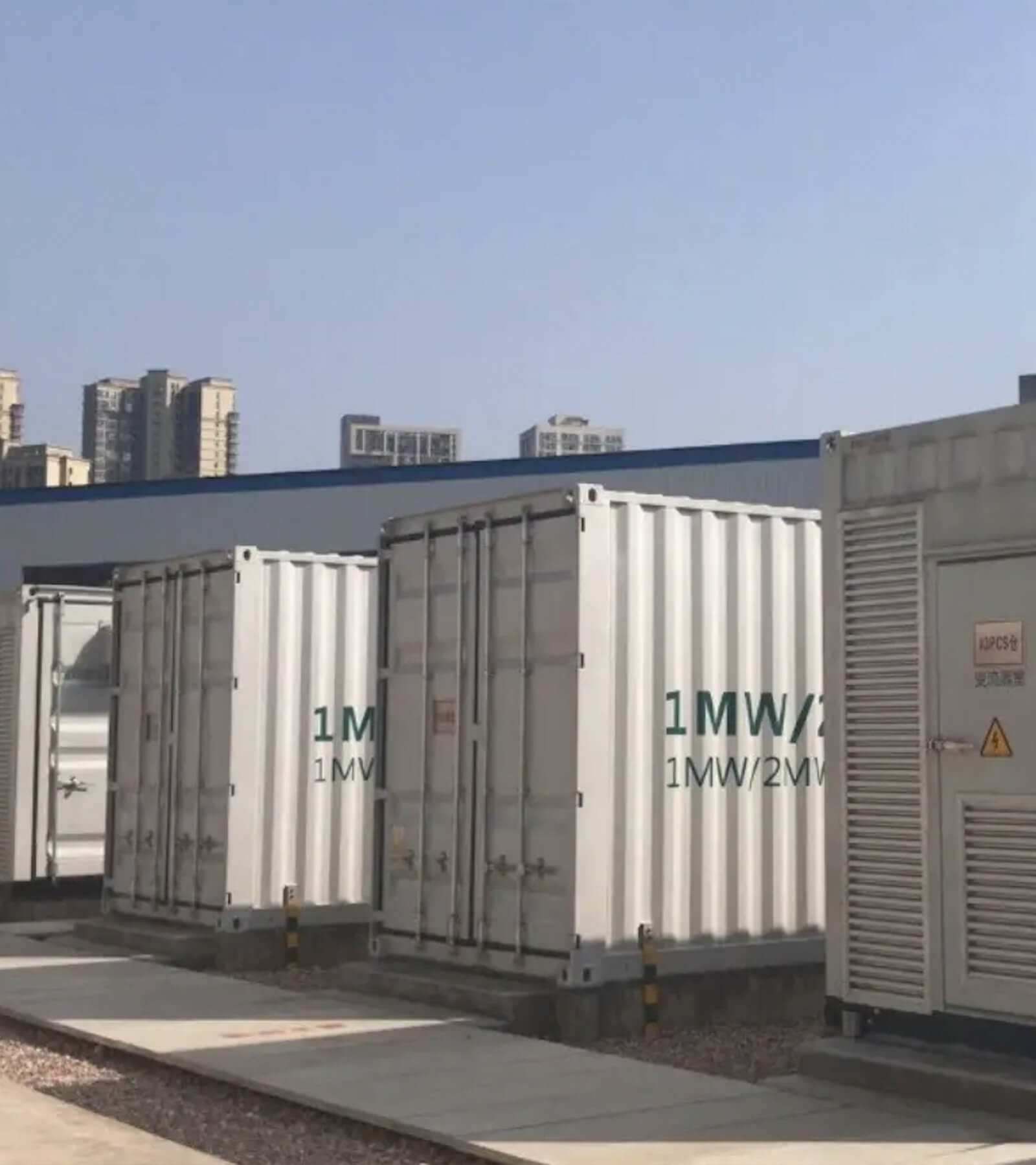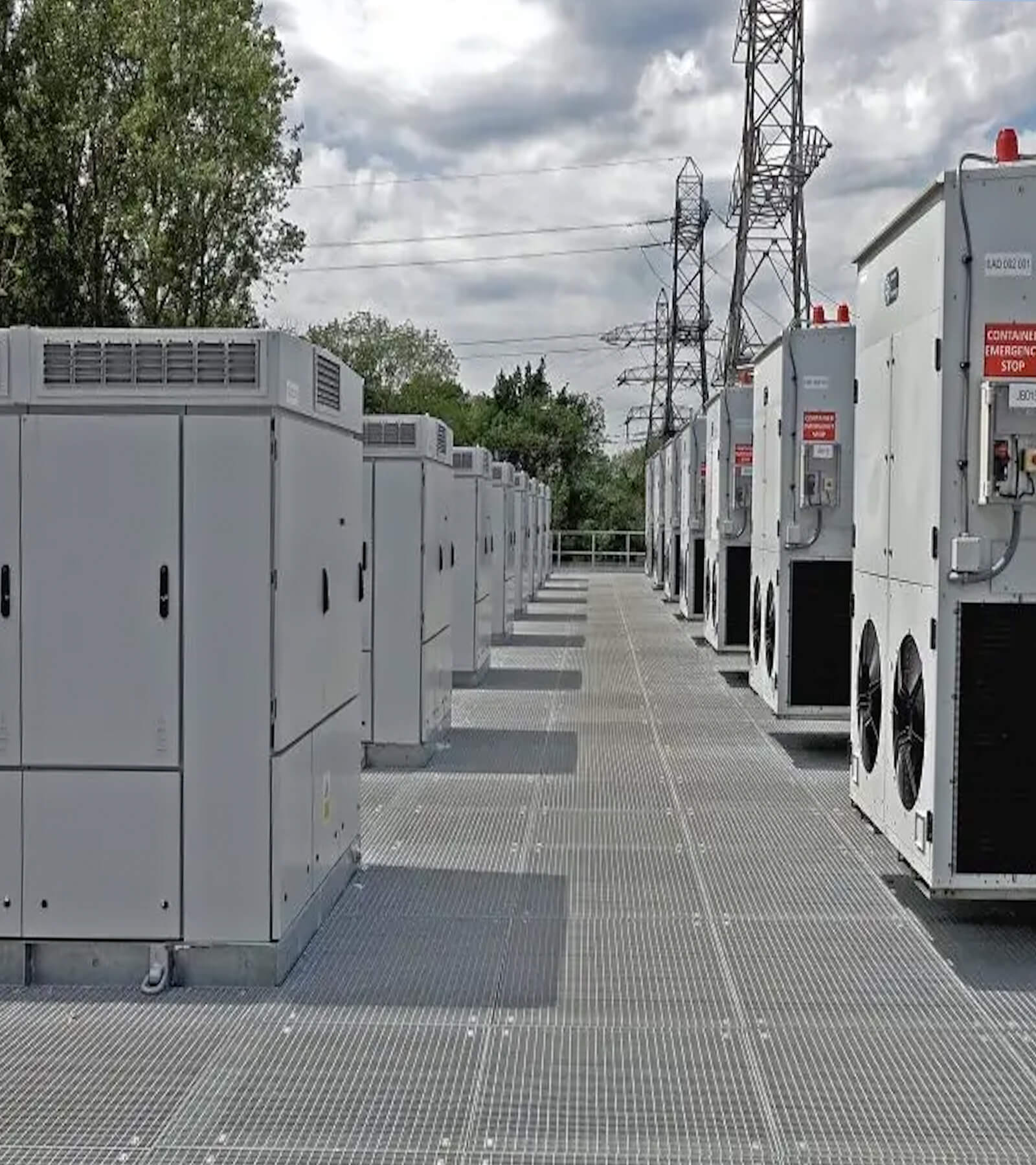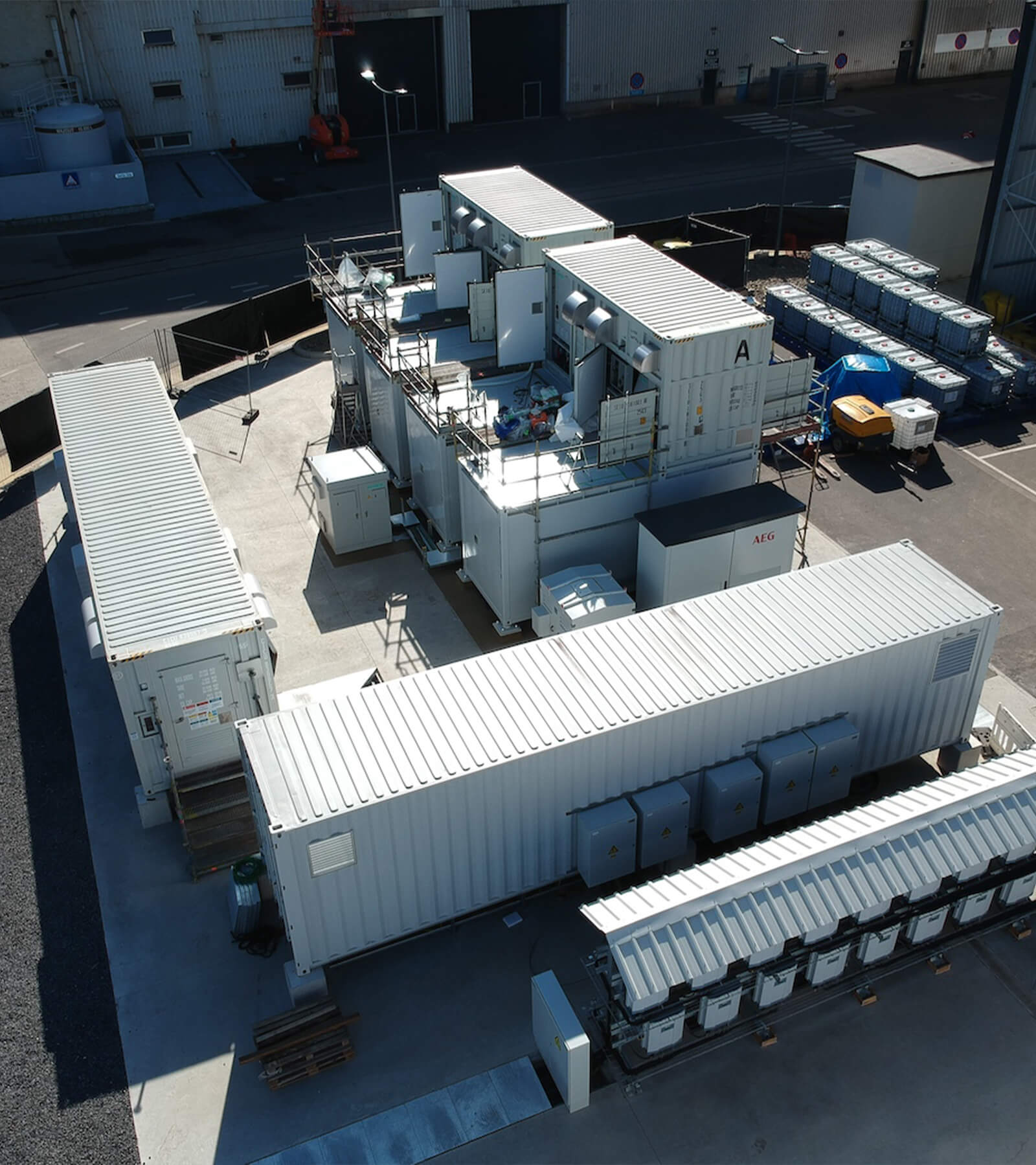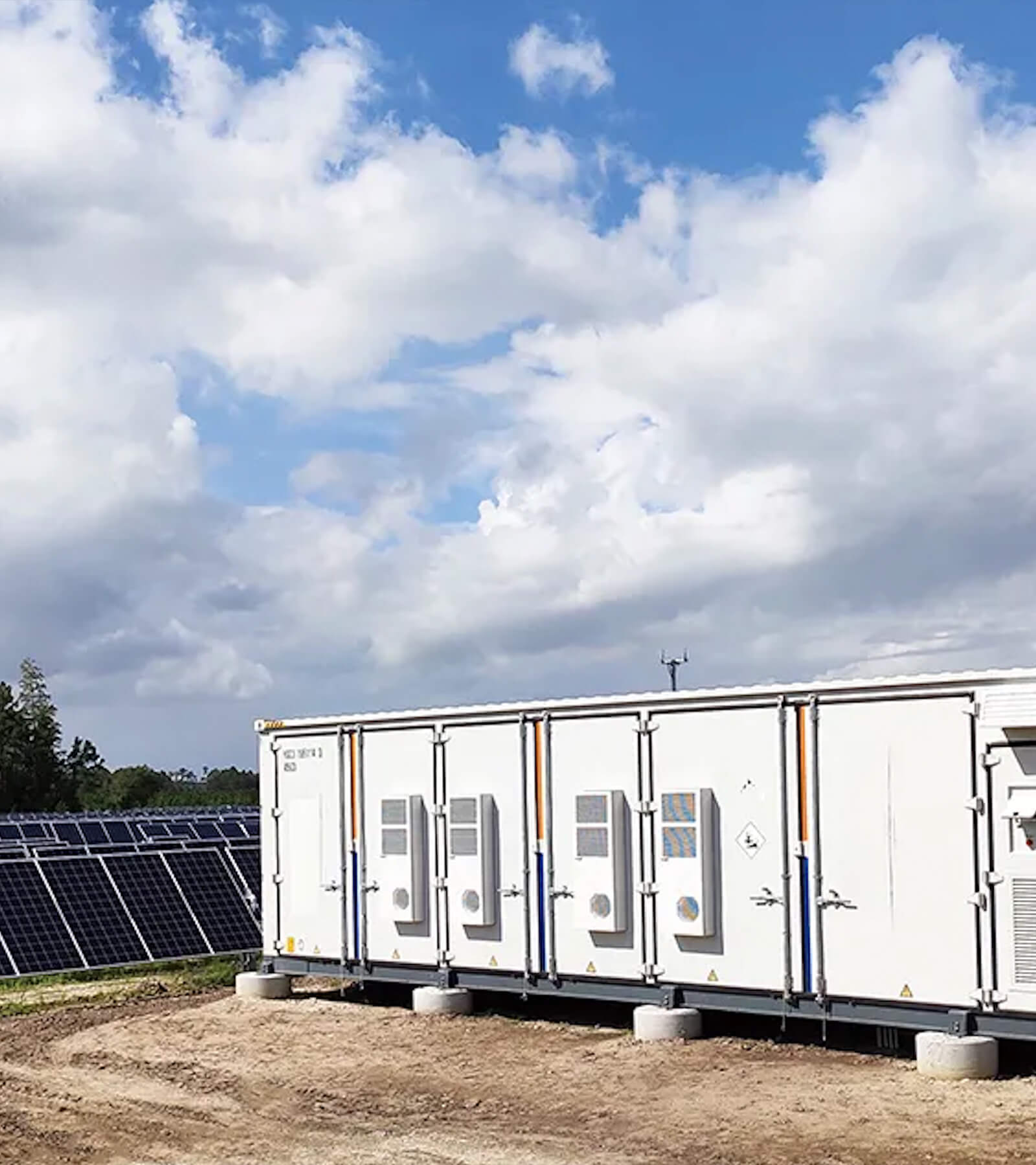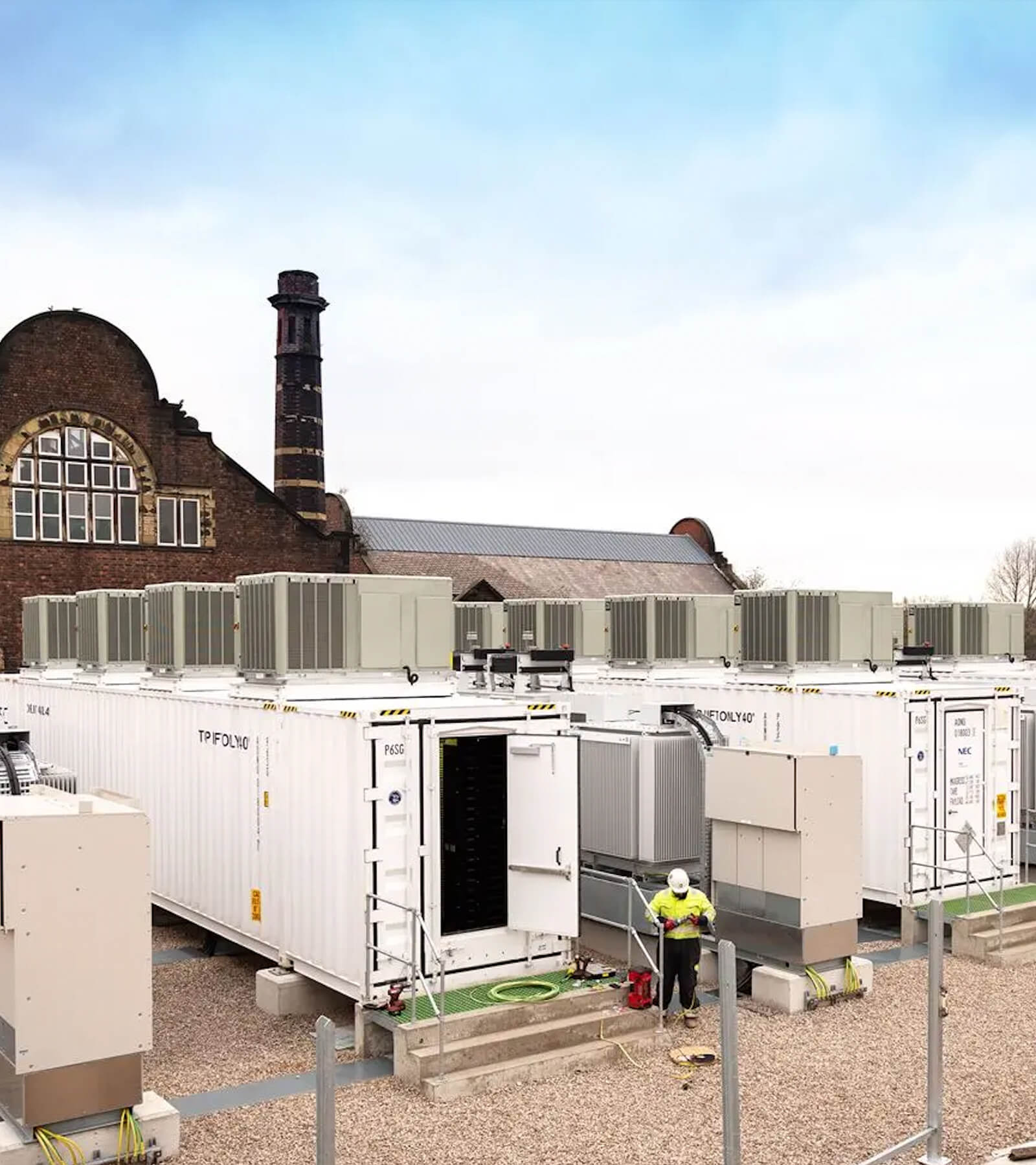As off grid solar systems gain popularity, their ability to adapt to varying environmental conditions and integrate with other renewable energy sources becomes critical. At Maxbo, we specialize in designing off solar solutions that deliver peak performance, no matter the location or weather challenges. In this article, we explore the environmental adaptability and compatibility of off solar systems, supported by data, comparisons, and practical insights.
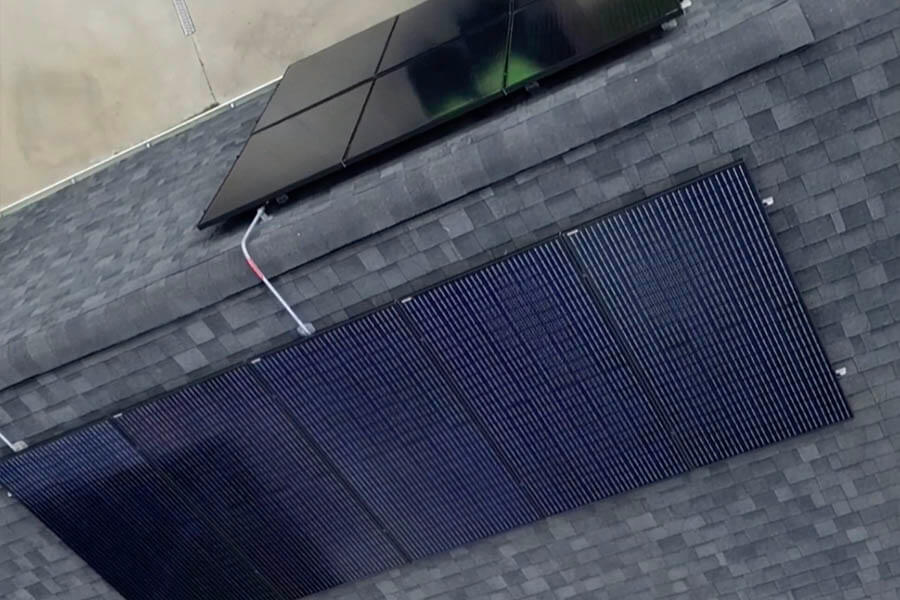
Environmental Adaptability of Off Solar Systems
Off solar systems must perform reliably in a wide range of environmental conditions. Understanding how factors like temperature, humidity, dust, and altitude affect system performance is essential for designing robust solutions.
Key Environmental Factors
| Environmental Condition | Impact on Solar Panels | Impact on Batteries | Maintenance Requirements |
|---|---|---|---|
| High Temperatures | Efficiency drops by 10-25% | Reduced capacity and lifespan | Increased cooling or ventilation |
| Low Temperatures | Minimal panel efficiency loss | Significant capacity reduction | Insulation or heating needed |
| High Humidity | No significant panel impact | Potential corrosion issues | Regular waterproofing checks |
| Dust and Sand | Reduced efficiency by 5-15% | Minimal impact | Frequent cleaning required |
| High Altitude | Increased UV exposure accelerates aging | May require additional thermal management | Moderate monitoring needed |
Adaptation Strategies
- Component Selection: Use panels with high-temperature coefficients for hot climates and batteries with low-temperature protection for cold environments.
- Protective Measures: Install enclosures or use corrosion-resistant materials in humid regions.
- Maintenance Plans: Develop site-specific maintenance schedules to address dust accumulation or extreme weather conditions.
Data-Driven Insights
- Temperature Impact on Efficiency: Research indicates that panel efficiency decreases by approximately 0.3%-0.5% per °C above 25°C. For example, in a desert environment averaging 40°C, a 10 kW system might lose 15% efficiency, reducing output by 1.5 kW daily.
- High-Altitude Durability: In regions like the Alps, UV-resistant coatings increase panel longevity by up to 30%.
Compatibility of Off Solar Systems with Renewable Energies
Integrating solar power with other renewable sources can improve system reliability and efficiency. Here’s how off solar systems ensure compatibility:
Common Renewable Energy Pairings
| Energy Source | Compatibility Reasons | Typical Use Case |
|---|---|---|
| Wind Energy | Complements solar (nighttime generation) | Coastal and high-altitude areas |
| Hydro Energy | Provides consistent base load power | Regions with year-round water flow |
| Biomass Energy | Backup for solar in agricultural regions | Farms and rural communities |
| Diesel Generators | Emergency backup for extreme conditions | Off-grid homes and remote facilities |
Integration Techniques
- Hybrid Inverters: Manage input from multiple sources and optimize usage based on availability.
- Energy Management Systems (EMS): Monitor and control the flow of energy, ensuring that solar power is prioritized and other sources are used efficiently.
- Modular Design: Allows incremental addition of new energy sources without overhauling the existing system.
Example Configurations
- Solar + Wind: A 5 kW solar array combined with a 3 kW wind turbine provides 24-hour power in coastal areas.
- Solar + Diesel: A 10 kW solar system paired with a 5 kW generator offers reliable backup for extended cloudy periods in remote locations.
Enhancing System Performance and Reliability
Monitoring and Maintenance
- Real-Time Monitoring: Use tools like SolarEdge or Victron to track system performance and environmental conditions.
- Proactive Maintenance: Regular inspections and cleaning can extend system life and maintain efficiency.
Upgrading Existing Systems
- Add compatible renewable energy sources as energy needs grow.
- Upgrade inverters and batteries to support increased capacity or new energy inputs.
Why Choose Maxbo for Off Solar Systems?
At Maxbo, we excel in delivering tailored off solar solutions that adapt to any environment:
- High-Quality Components: Durable, weather-resistant materials ensure longevity and performance.
- Custom Design: Systems built to accommodate local climate and energy demands.
- End-to-End Service: From design to installation and maintenance, we’ve got you covered.
Learn more at Maxbo Solar.
Conclusion
Off solar systems must be both environmentally adaptable and compatible with other renewable energies to deliver optimal performance. Whether operating in harsh climates or integrating multiple energy sources, thoughtful design and high-quality components make all the difference. Maxbo’s expertise ensures you get a system that meets your needs today and grows with you tomorrow. Contact us to explore the best off solar solutions for your location.
Website: www.maxbo-solar.com
Email: [email protected]
Solar System Price for Home Solar System Price for Home Solar System Price for Home Solar System Price for Home Solar System Price for Home Solar System Price for Home Solar System Price for Home Solar System Price for Home Solar System Price for Hom
Solar System Price for Home Solar System Price for Home Solar System Price for Home Solar System Price for Home Solar System Price for Home Solar System Price for Home Solar System Price for Home Solar System Price for Home

